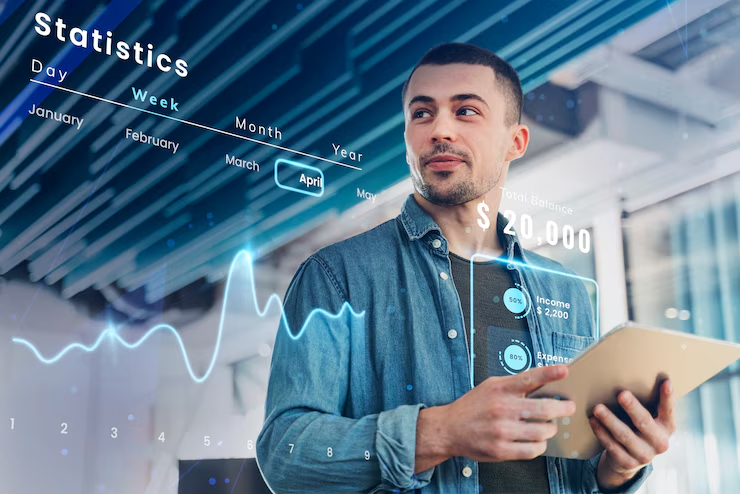Pandemics like COVID-19 have shown us how fast diseases can spread worldwide. They cause illness, death, and disrupt daily life. So, many wonder: can AI help predict and prevent future pandemics? The answer is yes. But how? Let’s explore this question step by step.
What Is AI and How Can It Help?
AI means machines or computers doing tasks that usually need human thinking. It can learn from data and spot patterns humans might miss. In health, AI can watch disease signals and warn us early.
For pandemics, early detection is key. If we find signs of a new virus quickly, we can stop it before it spreads too far. AI can scan huge amounts of data from many sources news, social media, medical records, and more. It looks for unusual spikes in sickness or new symptoms. This helps health workers act fast.
How Does AI Predict Disease Spread?
AI uses data to predict how a disease might spread. It looks at:
- Where people travel
- How many get sick each day
- Weather and seasons
- Local population size and density
With this info, AI builds models to show where the virus may go next. This helps governments plan resources and put safety rules in place. If we know a virus will likely hit a certain city soon, hospitals can prepare better.
The models update with new data. That way, the picture stays fresh and accurate.
What Data Does AI Use?
AI works best when it gets many types of data, including:
- Hospital reports on new illnesses
- News reports from around the world
- Social media posts about symptoms or sickness
- Travel and movement data from phones or flights
- Weather and environment data
This wide mix helps AI spot trends faster. For example, if many people post about a new cough in a city, AI flags it for health experts.
But data needs to be good quality and shared quickly. Delays or errors can slow down response.
Can AI Help Prevent Pandemics?
Predicting disease is only one part. AI can also help stop pandemics from growing. Here are some ways:
Early Warnings: AI alerts officials about new outbreaks. Quick action can stop spread.
Tracking Contacts: AI can help find people who were near an infected person. They can then get tested or isolated.
Drug Discovery: AI speeds up finding medicines or vaccines by scanning molecules and testing ideas fast.
Resource Management: AI helps hospitals know where to send equipment and staff during an outbreak.
Together, these tools can reduce the damage pandemics cause.
What Are the Limits of AI in Fighting Pandemics?
AI is not perfect. It needs lots of good data to work well. Sometimes, data is missing or delayed. This makes predictions less accurate.
Also, diseases can change quickly. New viruses may act in ways AI has never seen. This can cause wrong predictions.
Privacy is another concern. Using data from phones or social media must protect people’s privacy rights.
Finally, AI tools need experts to interpret results. AI alone cannot make all decisions. Humans must guide and check its work.
Why Is Human Work Still Important?
AI is a tool, not a full solution. Experts in health, government, and science must work with AI. They decide what actions to take based on AI’s warnings.
AI can miss things or make mistakes. People bring experience and judgment. They understand social and cultural factors that machines don’t.
So, AI and humans must work together. This partnership is the best way to predict and prevent pandemics.
What Does the Future Look Like?
AI will keep getting better. It will use more data and faster computers. This will help spot new viruses sooner.
New technology like wearable devices and smart sensors may feed AI real-time health info. That can improve detection even more.
Still, we must build good systems now. Governments and health groups need to share data openly. We must create laws that protect privacy.
And most of all, people should trust the tools. Without trust, AI cannot help us fight pandemics.
Conclusion
Yes, AI can help. It can watch for early signs of disease, predict how it might spread, and support efforts to stop it. But AI is not magic. It works best with good data, human help, and proper care for privacy.
Pandemics are complex problems. AI offers tools to make the fight easier. Using AI well could save many lives in the future.
We should invest in these technologies, learn from past outbreaks, and build strong health systems. That way, we will be ready when the next pandemic comes.

